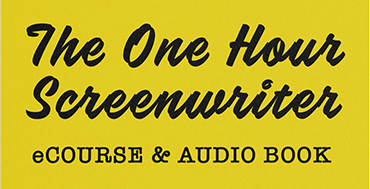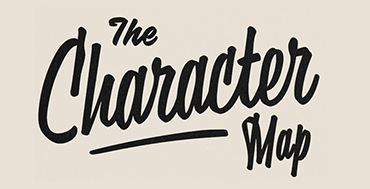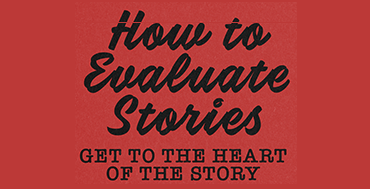Arranged – Day Fourteen – #40movies40days


Arranged is the story of Rochel, an observant Orthodox Jewish woman, and Nasira, a devout Muslim woman. The two form an unlikely friendship at the public school where they both teach fourth graders. The women realize they have more in common with each other than with the other young female teachers who gossip about shopping, partying, drinking and the various boyfriends that hop in out of their beds.
The principal of the school recognizes the two friends as among the best teachers in the school but she is frustrated with their “backward” ways and modest rather dowdy attire. She assumes Nasira is forced to wear a veil by her father. Nasira’s eloquent explanation of her choice to follow her religious beliefs is confident and graceful. Her personal beliefs inform her own understanding of feminine modesty. She doesn’t feel constrained, angry or bitter about her headcovering.


The central role of family, commitment and children are at the heart of Arranged. It is a Power of Idealism film in that the girls struggle with maintaining the own values and personal identity while also respecting and finding their place in their cultures and family traditions. The Individual vs. Society is at the core of these kind of films.
The film is not just an idealized portrait of these women. It is based on the real life account of an Orthodox Jewish woman, a teacher in the New York public schools, and her experiences getting to know the Pakistani-American Muslim mother of one of her pupils. In a review by Jennifer S. Bryson for Public Discourse: Ethics, Law, and the Common Good, an online publication of the Witherspoon Institute sums the film up this way:
Shared values provide a bridge for Nasira and Rochel. They are women with humble self-dignity in a world not disposed to support integrity (chastity) or family. What these women learn is that kindness begets friendship, and genuine friendship can handle differences. They don’t have to deny their difference to get along. The bridge they build proves to be stronger than cross-currents around them. Friendship, and healthy relationships, ensue and grow. (Traditions are kept alive and their families flourish).
I too am a woman of faith and I struggle mightily with my relationship with the Catholic Church. I am a social policy liberal and believe social justice to be at the core of the Gospel teachings. I get so angry, frustrated and saddened by my church’s terrible failings and all too-easy hypocrisy. The church falls short in so many many ways in living up to what the Gospel demands– but then so do I.
I do love the tradition, historic cultural significance, sense of timelessness, majesty and beauty of the church. A Catholic background, as conflicted as it is, has influenced many important writers. I guess I am most comfortable as a Catholic in the diverse literary sensibilities of C.S. Lewis, Graham Greene, Flannery O’Conner, J.R.R. Tolkien, Thomas Merton, Robert Altman, Evelyn Waugh, Honoré de Balzac, Francis Ford Coppola, Joseph Cambell, Dorothy Day, Clare Boothe Luce, Cormac McCarthy, Edith Sitwell, John Sayles, Martin Scorsese, Jules Verne, Anthony Burgess, Pedro Almodovar, Paul Haggis and Alfred Hitchcock. I align myself with those struggling with the “hard questions” in life. I believe that the courage to ask those questions is the very essence of faith.




Create a visual map for a character’s emotional journey. Pull stories from character rather from rote story structure beats. Some of the largest international media companies, use this in story and character development.


A clear concise guide for writers and producers to have by their side as they embark on a project. It gives a really vital reminder of what is key for story success.

No comment yet, add your voice below!